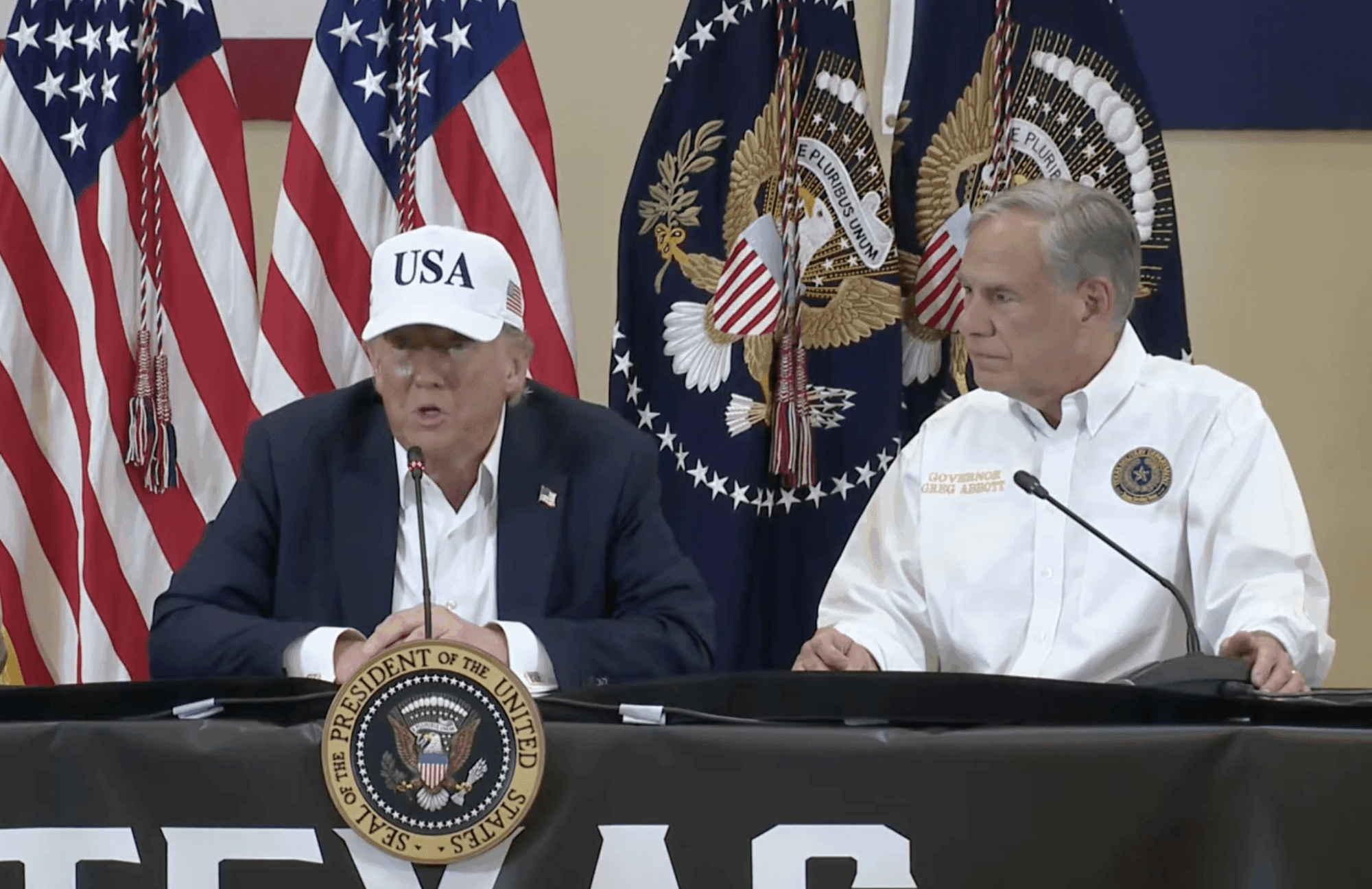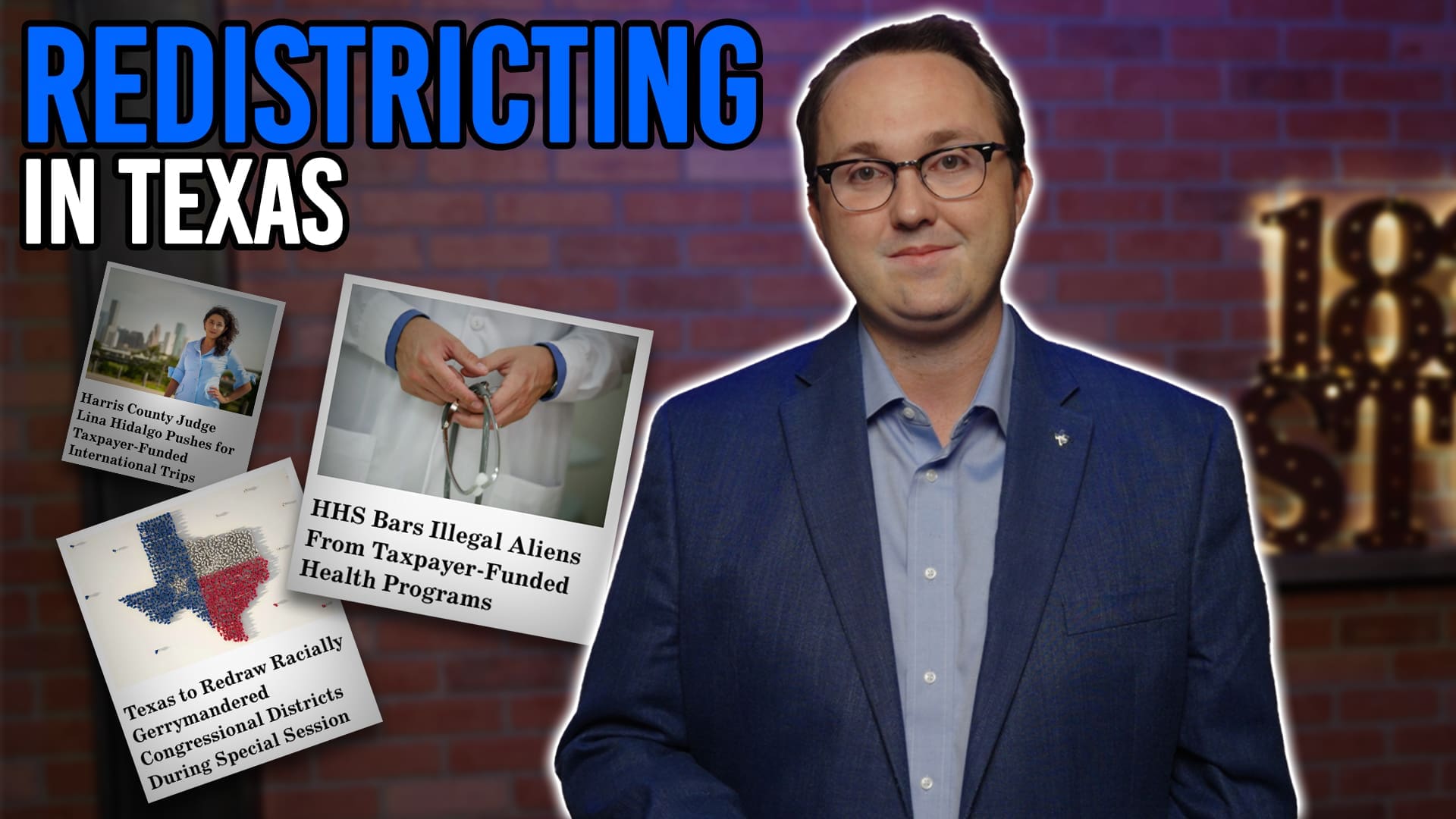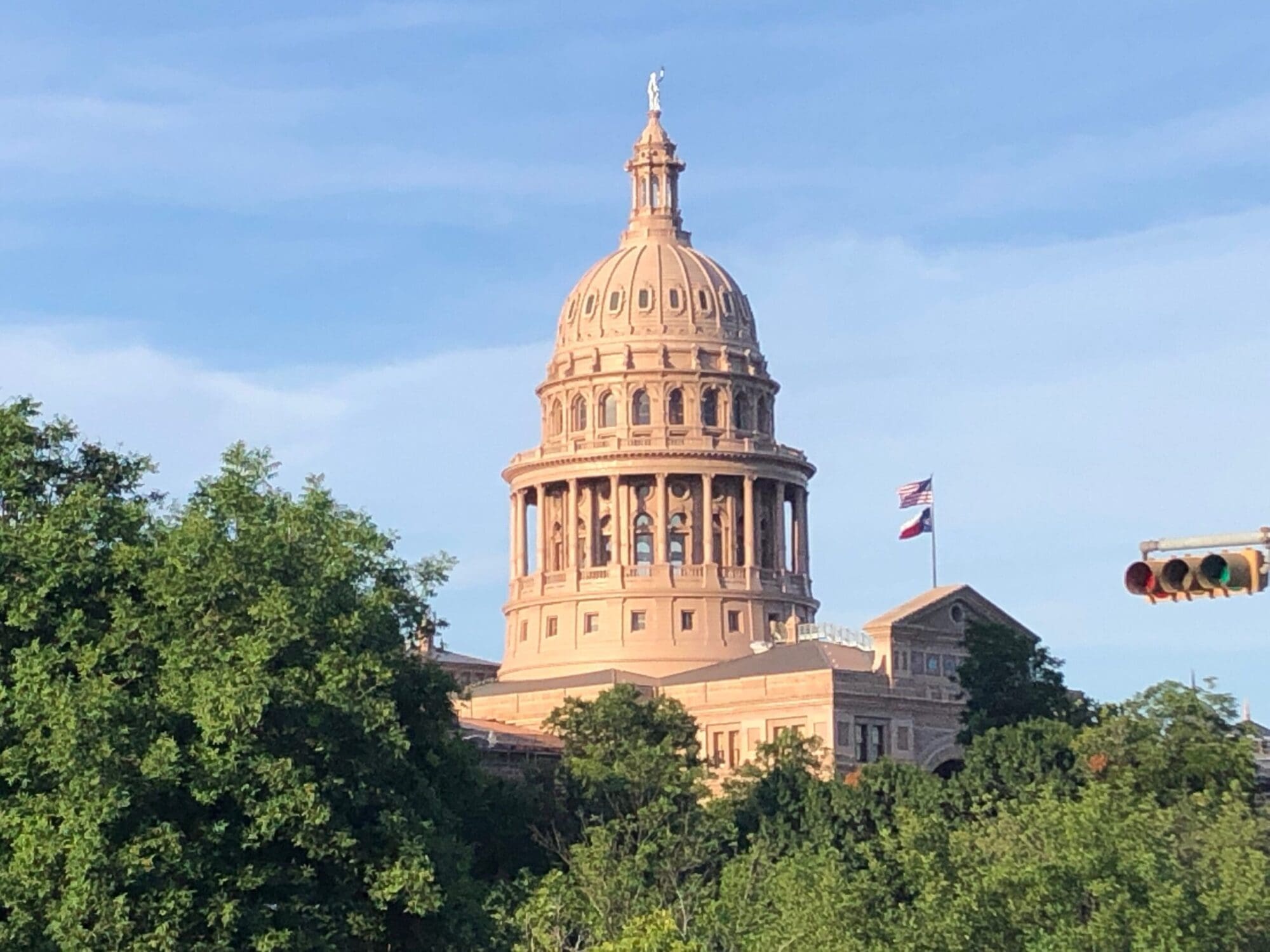A bill under consideration by the Texas House State Affairs Committee would empower the state’s speech regulators to work in secret with police, a result that has been disastrous in other states.
HB 3534 by State Rep. Hugh Shine (R–Temple) would allow staff at the Texas Ethics Commission to divulge confidential information in secret to law enforcement without the knowledge of a respondent. Under current law, the TEC is simply required to reach a decision in its administrative process and vote in an open meeting if they wish to refer any matter for criminal prosecution.
HB 3435 is particularly sinister because it violates the Fifth Amendment rights of Texans who are dealing with a complaint before the TEC.
In a criminal prosecution, it is well-established advice that a prosecution target should exercise their right to remain silent. “Any lawyer worth his salt will tell [a] suspect in no uncertain terms to make no statements to police under any circumstances,” advised former Attorney General and Supreme Court Justice Robert Jackson.
However, because the Texas Ethics Commission operates under the Rules of Civil Procedure, they often call respondents to testify in their own hearings and will make a finding against a person if they refuse to testify. This is unjust and unconstitutional in its own right.
If HB 3435 is adopted, the TEC would continue to be able to investigate complaints and punish those who refuse to cooperate. But they would also be able to refer such cases to law enforcement for prosecution in secret, without the respondent’s knowledge. This could lead to circumstances where a respondent feels compelled to speak with the commission in order to avoid an adverse finding in the administrative context, only to have those comments used against them in a secret criminal proceeding.
Secret coordination between administrative speech regulators and law enforcement has proved dangerous in other states.
In Wisconsin, coordination between the state’s Government Accountability Board and the Milwaukee County District Attorney infamously precipitated the John Doe investigations that saw police engaging in pre-dawn armed raids on the homes of prominent Republican leaders. Citizens fought back and the GAB was abolished in 2016.
The bill is currently pending before the House State Affairs Committee, which is chaired by State Rep. Dade Phelan (R–Beaumont).




